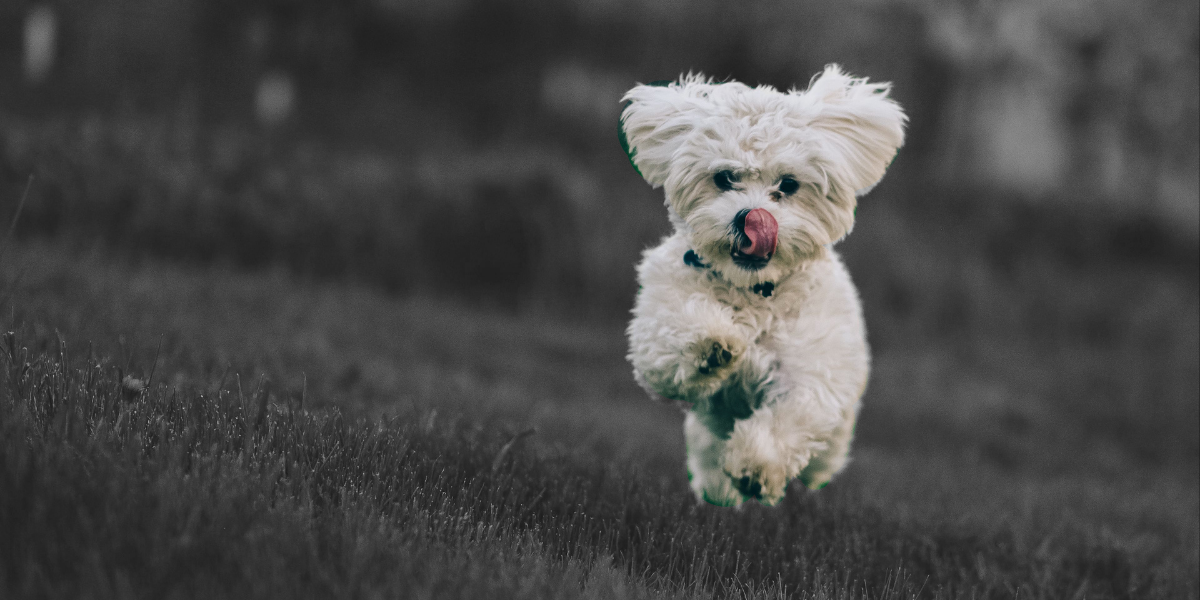Breeding and caring for dogs – a short guide for new dog owners
A dog is a dedicated companion from the first moment, throughout his life, therefore you have the responsibility to ensure his care and affection, from the first moments.
Puppy development
In most cases, the puppies grow intensely up to 6 months, and among the representatives of small breeders, the growth rate is slower than in the case of older dogs.
The concepts of growth and development have different meanings, but if pets are healthy, they appear in a timely manner.
There are also a number of factors that affect the growth and development of the dog, such as:
- a balanced diet;
- maintenance conditions for pets;
- hereditary predisposition to disease
In the first months, puppies, regardless of breed or size, have a very accelerated growth rate, therefore, the vitamins and calcium in the diet, become insufficient for the body’s needs. Therefore, vitamin C and calcium supplements, especially for dogs, should be given up to a certain age. The instructions to be administered will be obtained from the veterinarian, who will determine the appropriate doses, depending on each dog.
Being greedy, dogs would eat almost anything. But not everything is good for them. As a master, you need to be careful and do not let him eat foods that could cause vomiting, heart rhythm disorders, pancreatitis, diarrhea, dermatitis, seizures, heart failure, irritation or other problems. Here are the foods that can be dangerous for dogs and which it is recommended to remove from its menu:
- All foods containing caffeine (chocolate, coffee, sweets);
- Alcohol;
- Plum or peach kernels;
- Apple seeds;
- Avocado;
- Cabbage;
- Dairy products;
- Sausages;
- Fresh bread;
- Chicken or pork bones (can pierce the stomach);
- Pieces of fat;
- Macadamia nuts (5-6 pieces can be fatal);
- Raw eggs;
- Garlic or onion;
- Sweets;
- Foods containing artificial sweetener (xylitol);
- Tomatoes.
Puppy socialization
Socialization is the result of happy and polite puppy behavior. In addition, socialization prevents the development of behavioral problems.
Dogs, unlike cats, are very sociable animals and grow by being around others and by going to different places. For example, you can take him to the park, or you can take him for a walk while you go out with family and friends who also have dogs.
Remember that certain breeds of dogs need more socialization, especially if you have recently adopted them. It is equally important that all dog owners train them in such a way that they sit next to children. You could walk him through the park to get him used to the presence of restless or playful children.
What do you need to know about the mandatory vaccination schedule for dogs?
The veterinarian will perform a series of tests to find out if the chick is already suffering from any disease and will determine the exact vaccination schedule.
Usually, vaccination in dogs begins at the age of 5-6 weeks, provided that the puppy is perfectly healthy and internally dewormed beforehand, practically after the first internal deworming, after we observe if the pet has eliminated worms.
This vaccine will immunize the dog against parvovirus and scabies, two of the deadliest diseases for puppies. It is very important that the vaccination is done on a completely healthy dog to be sure that it will have the desired effect.
The next vaccine will be given in almost 2 weeks after the puppy has been immunized with the first vaccine. It is time to develop antibodies to leptospirosis or various respiratory infections.
Around the age of 4 months, the obligatory immunization of puppies is completed.
Vaccination with a multipurpose vaccine for the diseases listed above takes place at 10 weeks, plus valence against Leptospira icterohaemorrhagiae and Leptospira canicola. At 12 weeks, the last multipurpose vaccine is recalled, to which is added the rabies vaccine, which is repeated annually, mandatory.
Although the information may seem overwhelming at first, especially if it is the first time you embark on the adventure of being the owner and parent of the puppy, we assure you that the benefits are innumerable, and your dog will become your most loyal friend.


